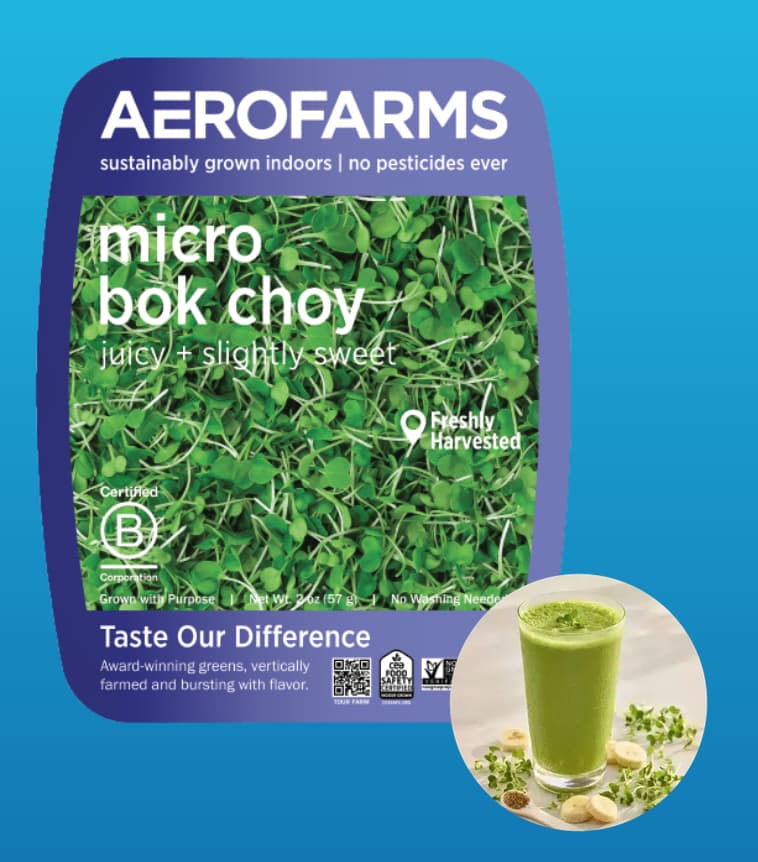Aerofarms advances microgreen production through vertical farming innovation
A leading U.S. microgreens producer is demonstrating commercial viability of indoor vertical farming technology and is achieving significant nutrient density improvements and resource efficiency gains. The company’s Danville, Virginia facility employs aeroponics, robotics and AI to cultivate microgreens containing up to 40 times more phytonutrients than mature plants while using 90% less water than traditional agriculture.
The company now commands over 70% of the U.S. retail microgreens market through its Virginia-based operations, which have demonstrated commercial viability over the past 15 months. The facility utilises patented aeroponics technology integrated with automated conveyance systems and AI-driven environmental controls.
Nutrient density shows marked improvement
Research conducted by the U.S. Department of Agriculture and University of Maryland indicates that microgreens cultivated through AeroFarms’ system contain 5-40 times higher concentrations of specific phytonutrients and vitamins compared to their mature counterparts. This enhanced nutritional profile addresses growing concerns about micronutrient deficiencies, which contribute to approximately 17 million deaths annually according to 2023 data.
“The challenge of feeding our world is not only defined by the quantity of calories, but rather the quality of calories consumed,” said Molly Montgomery, Executive Chair & CEO of AeroFarms, speaking at the World Economic Forum in Davos.
Resource efficiency demonstrates sustainability gains
The vertical farming system achieves significant resource conservation metrics:
- 90% reduction in water usage compared to traditional field farming
- 230-fold decrease in land utilisation
- Zero pesticide application
- Complete elimination of soil degradation
- 100% renewable energy usage
The controlled environment architecture enables year-round production independent of geographic location or climate variations. The system’s sealed environment and automated handling processes eliminate human contact during cultivation, extending product shelf life while removing the need for washing before consumption.
Quality control meets commercial standards
The facility maintained optimal food safety standards, achieving a 100% score on its 2024 FDA audit under the Safe Quality Food (SQF) programme. As a Certified B Corporation, the company operates under established social and environmental performance criteria.
Market positioning
While historically utilised as a garnish, microgreens are increasingly adopted as a primary salad ingredient, establishing a distinct produce category. The company’s products are marketed as ready-to-eat, requiring no washing due to the controlled growing environment.
The demonstrated success of the Danville facility has prompted planning for geographic expansion, with the company exploring opportunities to enhance global food security through localised production facilities. This scaling potential suggests significant implications for urban agriculture and food system resilience in various climatic conditions.
- More info here: aerofarms.com



